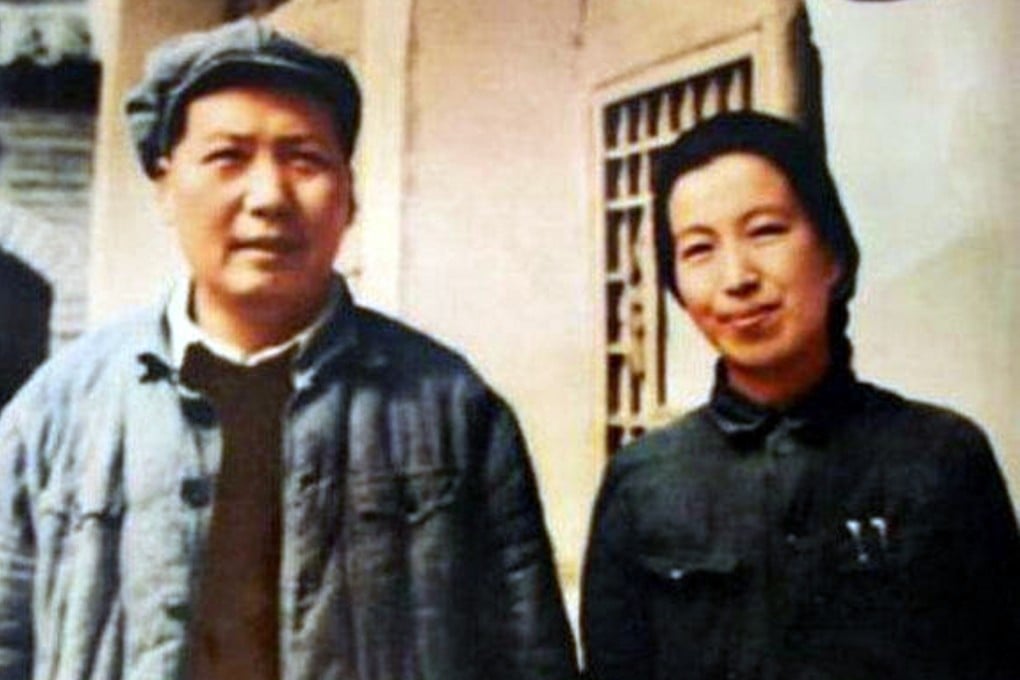The more he read about Jiang Qing, Mao Zedong’s wife, the more Gavin McCrea liked her – ‘the most powerful woman in the world, but in my novel also just living a life’
- The Sisters Mao takes as one of its themes violence as an expression of political tumult, and interweaves the lives of Jiang and actress sisters in 1968 London
- Gavin McCrea, who also dramatised the life of Friedrich Engels’ wife, explains what drew him to Madame Mao, a ‘frustrated artist’ who wielded untold power

The Sisters Mao by Gavin McCrea, pub. Scribe
Gavin McCrea had literally just finished work on his excellent second novel, The Sisters Mao, when he was viciously attacked in his hometown of Dublin, Ireland. In February 2020, the much-heralded author of Mrs Engels (2015) had just left the university library, and had phoned his uncle to tell him the good news about completing the book.
A gang of teenagers began shouting homophobic insults, then assaulted McCrea, breaking his nose and cheek.
“It was totally familiar,” the 43-year-old says from Berlin, Germany, where he currently lives and works teaching literature and creative writing. “It was reliving an experience. The words were the same. The [attackers] looked the same. I was 42, but they were the same age as before. Total déjà vu.”

Listening to McCrea describe, with such calm precision, the cowardly attack feels more than a little disconcerting, and never more so than when he concludes: “[The attackers] gave me a tremendous gift. I wasn’t dealing with so many things. The gift they gave me was I had to deal with them now. And the only way, for me, was to put it down on paper.”
